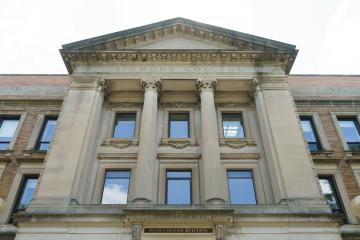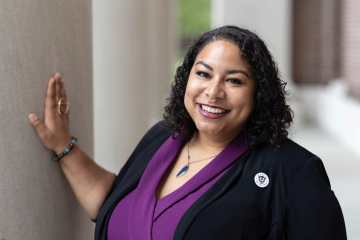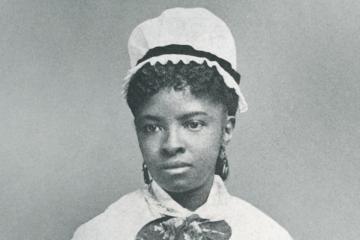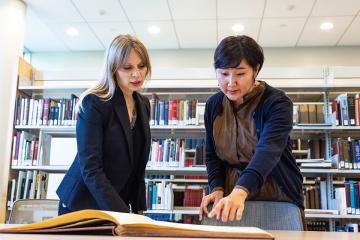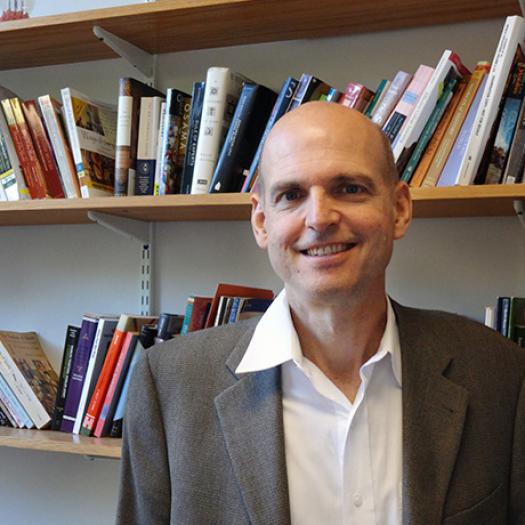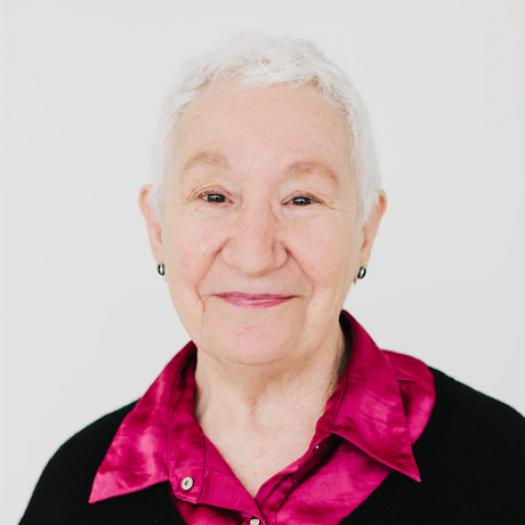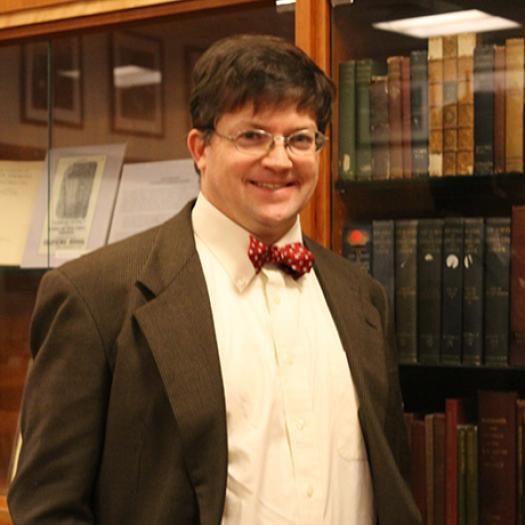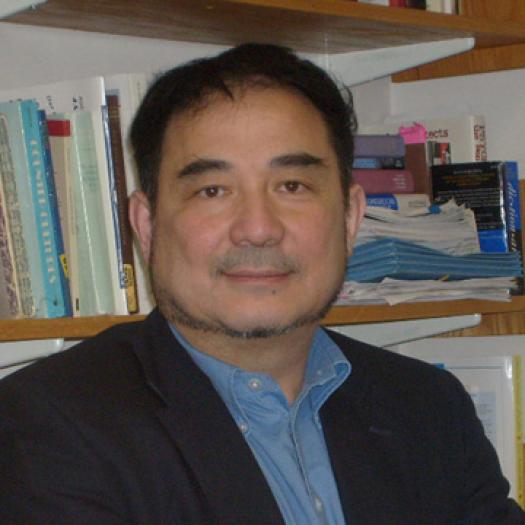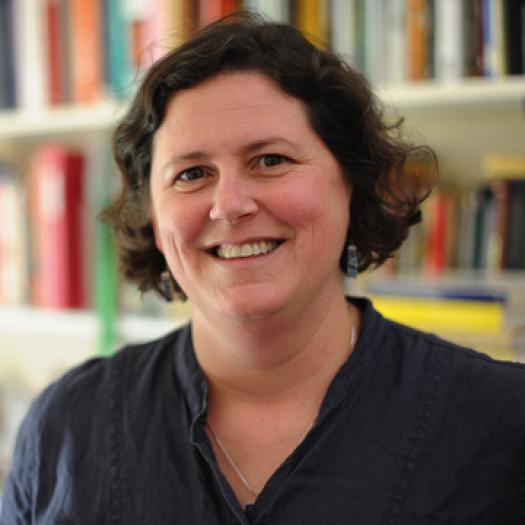Library and Information Science: Archives Management + History
Increasingly, archival employers have recognized that archivists require both technical skills and historical knowledge. Our Library and Information Science: Archives Management (MS) + History (MA) dual degree program combines a firm foundation in library and information science with an understanding of U.S. history and politics.
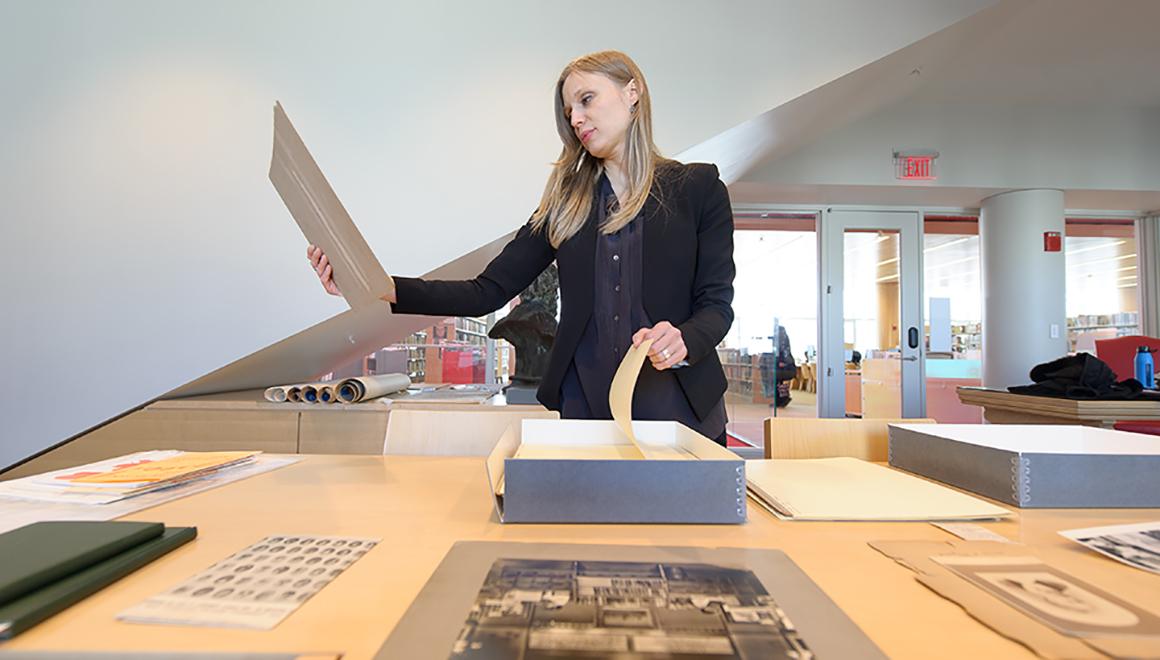
Do you love history? Preserve it for future generations
Our program helps students pursuing archival positions gain the knowledge they need more efficiently through a dual-degree program in history and archives management. You'll master skills in library and information science, archives management, historical methods and research and history.
Students do internships at Boston institutions such as the Massachusetts State Archives, the Massachusetts Historical Society, the John F. Kennedy Library, the U.S.S. Constitution Museum and Harvard University. You'll also complete a thesis project based on original research.

Ranked among the best
Simmons University is ranked #1 for Archives & Preservation by U.S.News and World Report.
Learn more about the History and Archives Management programs and the benefits of this dual degree.


